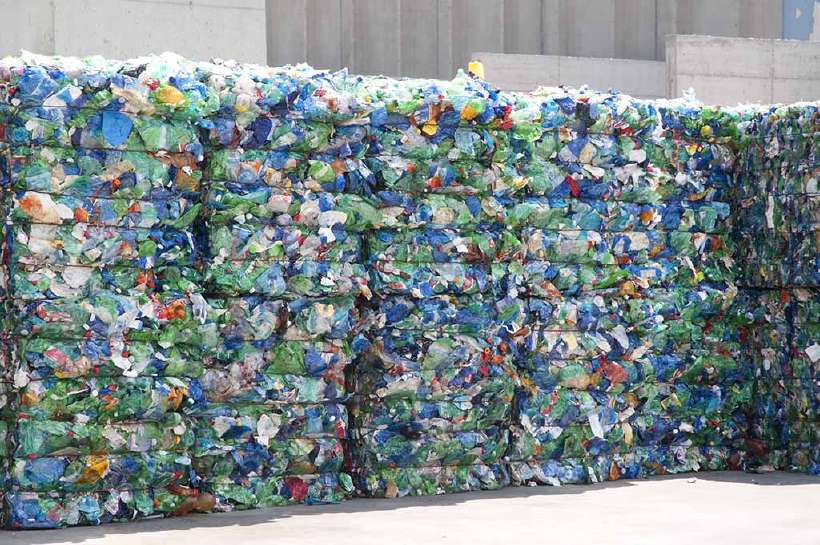The Plastic Menace
Home / Science for Kids / Planet Earth for Kids / The Plastic Menace
Heavy rains lashed Mumbai city a few months ago, the worst rains in decades. The downpour literally brought the city to a standstill. And all because of discarded plastic bags. Plastic bags or polythene bags are essentially made of petro-chemicals.
These bags are very thin and in a strong wind can fly away from garbage bins and land on drains and rain-water channels. The bags then clog the drains as they do not let water to flow through.
The choked gutters and drains in Mumbai caused serious water logging and flooding. Fortunately the rain and the flooding did have a positive aspect – it made the Mayor of Mumbai sit up and take notice of the plastic bag menace in the city.
![The Plastic Menace [Illustrated by Navin Pangti]](/media/earth-85_1_hu7182e8d6fe69b0abec86eeffb2f7811d_6813_820x0_resize_q60_box.jpg)
An immediate ban on thin plastic bags was declared. The ban came into effect on August 15, India’s Independence Day. The Mumbai Municipal Corporation workers were called in to help enforce the ban. They were told to seize bags that do not conform to the standards (all bags thinner than 20 microns or 2 x 10-5 metre thickness).
The squads were given power to fine defaulters a sum of up to Rs 2,000 ($1 equals Rs 46). Within the first two days itself they seized 8,000 kg of plastic bags and recovered Rs 1.5 million in fines.
Plastic bags are non-biodegradable, that is, they take years to disintegrate and decompose. Many animals, like cows and pigs, die as they unknowingly swallow these bags while eating. Coloured plastic bags are even more dangerous. Chemical dyes like cadmium and lead are used to colour these bags and the chemicals affect the kidneys or our bones.

But why ban only thin polythene bags. Why not all plastic bags? The fact is most shopkeepers use thin plastic bags. Thick plastic bags are very expensive and cost four times more than the thin variety. Thin bags are of very poor quality and can rarely be reused. As a result, these flimsy bags land up in drains and gutters.
Of course thicker plastic bags are unsafe too, but at least they can be recycled. Many shopkeepers say they cannot afford thick plastic bags. Paper packets, which are the only alternative, are just not strong enough.
Some Indian companies have now come forward with a proposal to make paper bags that are laminated with a thin sheet of plastic that is environmental friendly. They claim that this bio-plastic, made of natural products, decomposes within a month.
But scientists say that these bio-plastics are not completely degradable. They are usually a combination of 50% natural material (that decomposes easily) and 50% non-degradable chemicals. So only half the sheet actually disintegrates within a month.
The fight against plastic bags continues and the only way we can do our bit is by refusing to accept plastic bags. So try and take a jute (or cloth) bag the next time you go to the market.
498 words |
4 minutes
Readability:
Grade 7 (12-13 year old children)
Based on Flesch–Kincaid readability scores
Filed under: planet earth
Tags: #mumbai, #menace, #rains, #plastics, #chemicals
You may also be interested in these:
How the First House was Built
The Vultures are Dying
An Earth Day Fable
Robbing the Rich for Rain
Polluted India